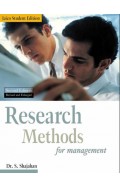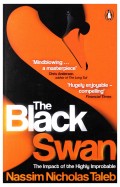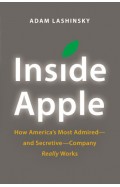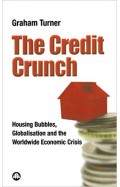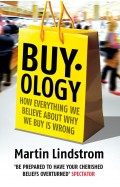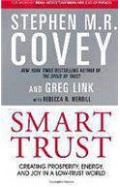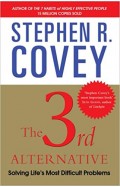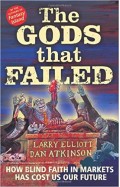- Home
- Urdu Books
- Children's Urdu Books
- Business & Management
- STATISTICAL ANALYSIS IN BUSINESS AND ECONOMICS
STATISTICAL ANALYSIS IN BUSINESS AND ECONOMICS
By: Abdul Wahab Khan
-
Rs 896.25
- Rs 1,195.00
- 25%
You save Rs 298.75.
Due to constant currency fluctuation, prices are subject to change with or without notice.
The proper usage of various statistical techniques is very important for meaningful and successful research. Unfortunately, various books on statistics just introduce the readers to the techniques and calculations methods but do not explain their usage and meaningful interpretation, which a researcher desperately needs. This book is designed to provide a basic understanding and application of statistical methods that are used in the field of business and economics.
This book is based on my more than twenty-six years of teaching and research experience in business and economics. The target readers for this book are students of business and economics, who are taking a statistics course and those who want to write research articles for academic journals. This book can also be used as a reference book for the Econometrics and Research Methods courses. The beginners in research can also use this book as a quick reference for different statistical techniques and their usage.
It is very difficult for the teachers and students to find a book exclusively on a statistical analysis in business and economics. It is observed that in most of the previous books on statistics for business and economics, the systematic flow of concept is not followed. The author normally presents a concept in the text before it is discussed in detail. This book tried to follow a systematic flow of statistical concepts. Whenever a concept is introduced, it is discussed in detail to give the readers complete information at once. Furthermore, a Statistician, who lacks knowledge of business and economics, writes most of the statistics books. There was a great need for a book that is written by an economist who should be well aware of the requirement of business and economics students.
This book has fourteen chapters. The sequence of the topics is also as per the syllabus of the Statistics course of BS(Economics), BS(Commerce), and BS(Business Administration) degree programs. Each chapter begins with a set of learning outcomes. At the start of each chapter, an introduction is added, to introduce the reader to the content of the chapter. Whenever a formula is used for the first time, it is numbered for easy reference. The notations and abbreviations are explained properly. Each concept is followed by the solved example in the text with all calculations and interpretations. The Multiple Choice Question-MCQs are also given for self-test. It will help the readers to test their understanding of the concepts of the chapters.
The computer has reduced the need for laborious hand calculation. The computer can perform calculations faster and more accurately with the use of packages than humans. This book introduces the students, to two statistical packages – SPSS and EViews. To show how software is getting a result, this book illustrates this with all relevant steps. The focus of this book is more on the interpretation of the results.
The proper usage of various statistical techniques is very important for meaningful and successful research. Unfortunately, various books on statistics just introduce the readers to the techniques and calculations methods but do not explain their usage and meaningful interpretation, which a researcher desperately needs. This book is designed to provide a basic understanding and application of statistical methods that are used in the field of business and economics.
This book is based on my more than twenty-six years of teaching and research experience in business and economics. The target readers for this book are students of business and economics, who are taking a statistics course and those who want to write research articles for academic journals. This book can also be used as a reference book for the Econometrics and Research Methods courses. The beginners in research can also use this book as a quick reference for different statistical techniques and their usage.
It is very difficult for the teachers and students to find a book exclusively on a statistical analysis in business and economics. It is observed that in most of the previous books on statistics for business and economics, the systematic flow of concept is not followed. The author normally presents a concept in the text before it is discussed in detail. This book tried to follow a systematic flow of statistical concepts. Whenever a concept is introduced, it is discussed in detail to give the readers complete information at once. Furthermore, a Statistician, who lacks knowledge of business and economics, writes most of the statistics books. There was a great need for a book that is written by an economist who should be well aware of the requirement of business and economics students.
This book has fourteen chapters. The sequence of the topics is also as per the syllabus of the Statistics course of BS(Economics), BS(Commerce), and BS(Business Administration) degree programs. Each chapter begins with a set of learning outcomes. At the start of each chapter, an introduction is added, to introduce the reader to the content of the chapter. Whenever a formula is used for the first time, it is numbered for easy reference. The notations and abbreviations are explained properly. Each concept is followed by the solved example in the text with all calculations and interpretations. The Multiple Choice Question-MCQs are also given for self-test. It will help the readers to test their understanding of the concepts of the chapters.
The computer has reduced the need for laborious hand calculation. The computer can perform calculations faster and more accurately with the use of packages than humans. This book introduces the students, to two statistical packages – SPSS and EViews. To show how software is getting a result, this book illustrates this with all relevant steps. The focus of this book is more on the interpretation of the results.
STATISTICAL ANALYSIS IN BUSINESS AND ECONOMICS
By: Abdul Wahab Khan
Rs 896.25 Rs 1,195.00 Ex Tax :Rs 896.25
Zubin Mehta: A Musical Journey (An Authorized Biography)
By: VOID - Bakhtiar K. Dadabhoy
Rs 472.50 Rs 1,050.00 Ex Tax :Rs 472.50
Crack the Marketing Case and Interview like a CMO
By: Nitish Rai Gupta
Rs 292.50 Rs 650.00 Ex Tax :Rs 292.50
The Black Swan The Impact Of The Highly Improbable
By: Nassim Nicholas Taleb
Rs 2,636.00 Rs 3,295.00 Ex Tax :Rs 2,636.00
Inside Apple How Americas Mo Admired And Secretive Company Really Works
By: Adam Lashinsky
Rs 1,012.50 Rs 1,350.00 Ex Tax :Rs 1,012.50
Buyology How Everything We Believe About Why We Buy Is Wrong
By: Martin Lindstrom
Rs 2,236.00 Rs 2,795.00 Ex Tax :Rs 2,236.00
The 3rd Alternative Solving Life s Most Difficult Problems
By: Stephen Covey
Rs 516.75 Rs 795.00 Ex Tax :Rs 516.75
Crack the Marketing Case and Interview like a CMO
By: Nitish Rai Gupta
Rs 292.50 Rs 650.00 Ex Tax :Rs 292.50
No recently viewed books available at the moment.
Zubin Mehta: A Musical Journey (An Authorized Biography)
By: VOID - Bakhtiar K. Dadabhoy
Rs 472.50 Rs 1,050.00 Ex Tax :Rs 472.50
STATISTICAL ANALYSIS IN BUSINESS AND ECONOMICS
By: Abdul Wahab Khan
Rs 896.25 Rs 1,195.00 Ex Tax :Rs 896.25
Crack the Marketing Case and Interview like a CMO
By: Nitish Rai Gupta
Rs 292.50 Rs 650.00 Ex Tax :Rs 292.50











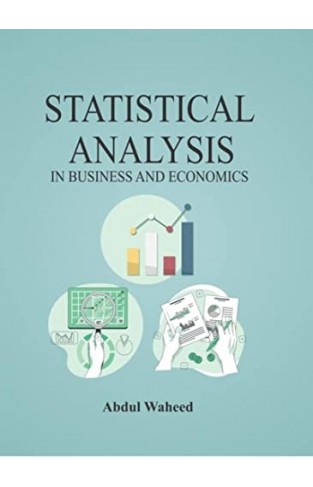
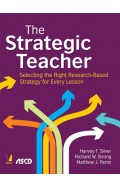

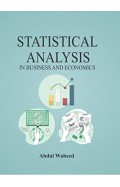
-120x187.jpg?q6)





